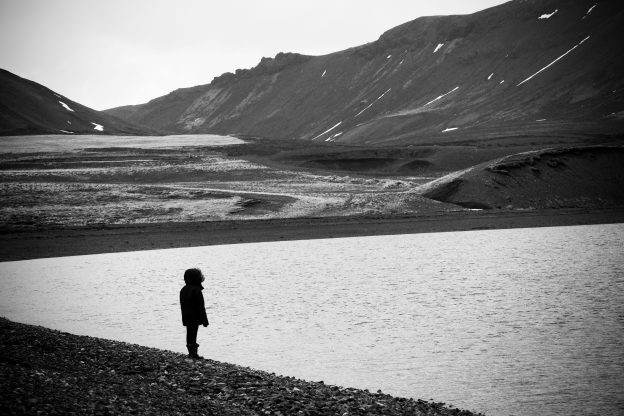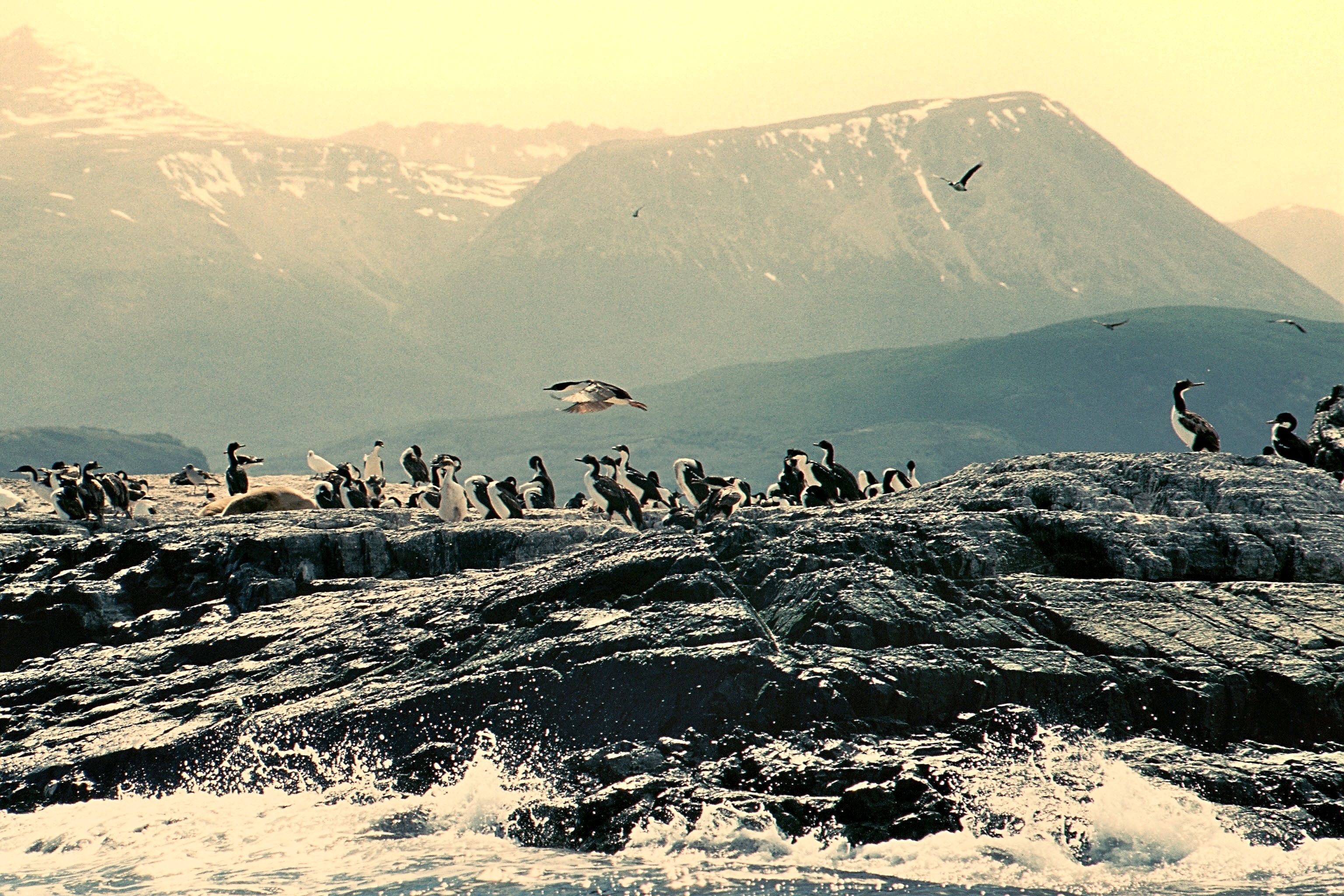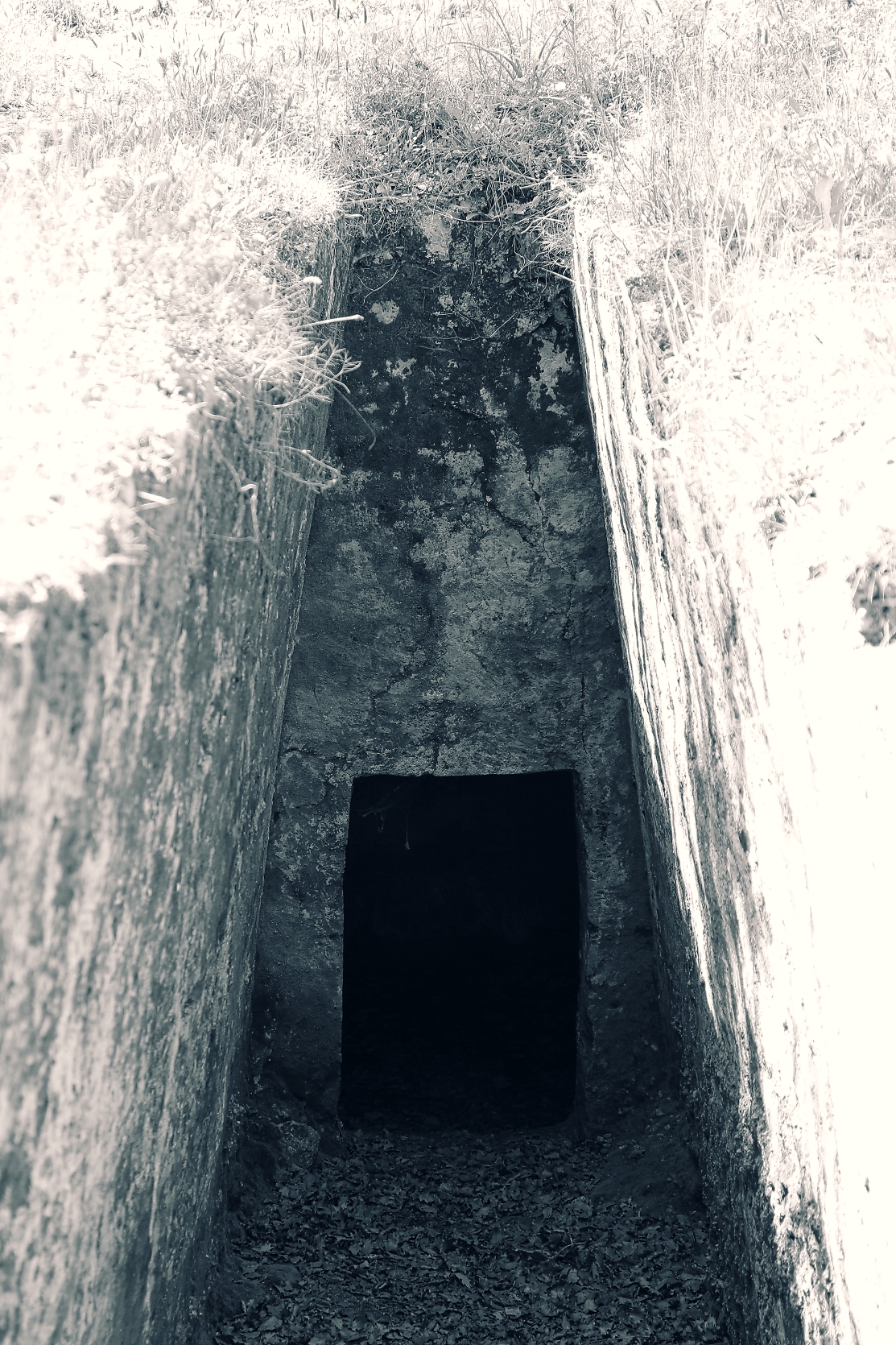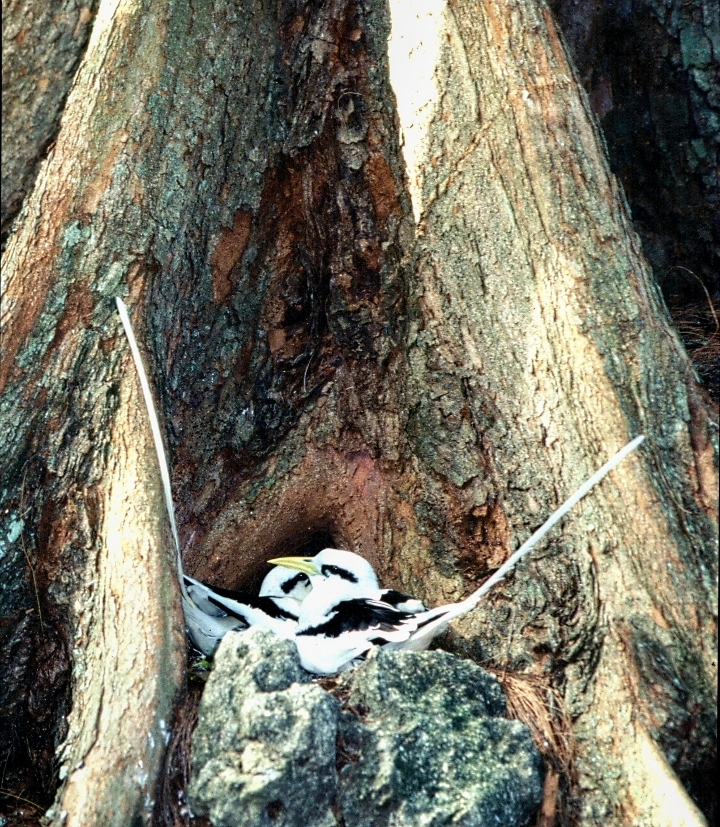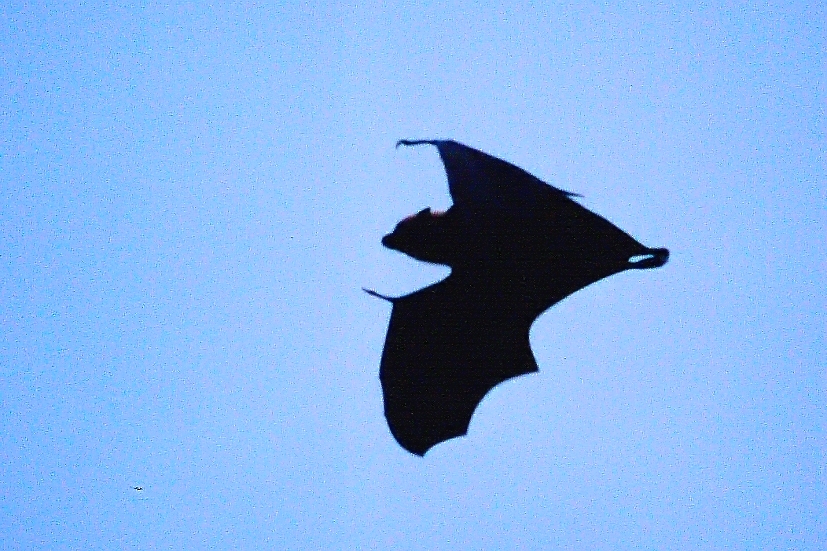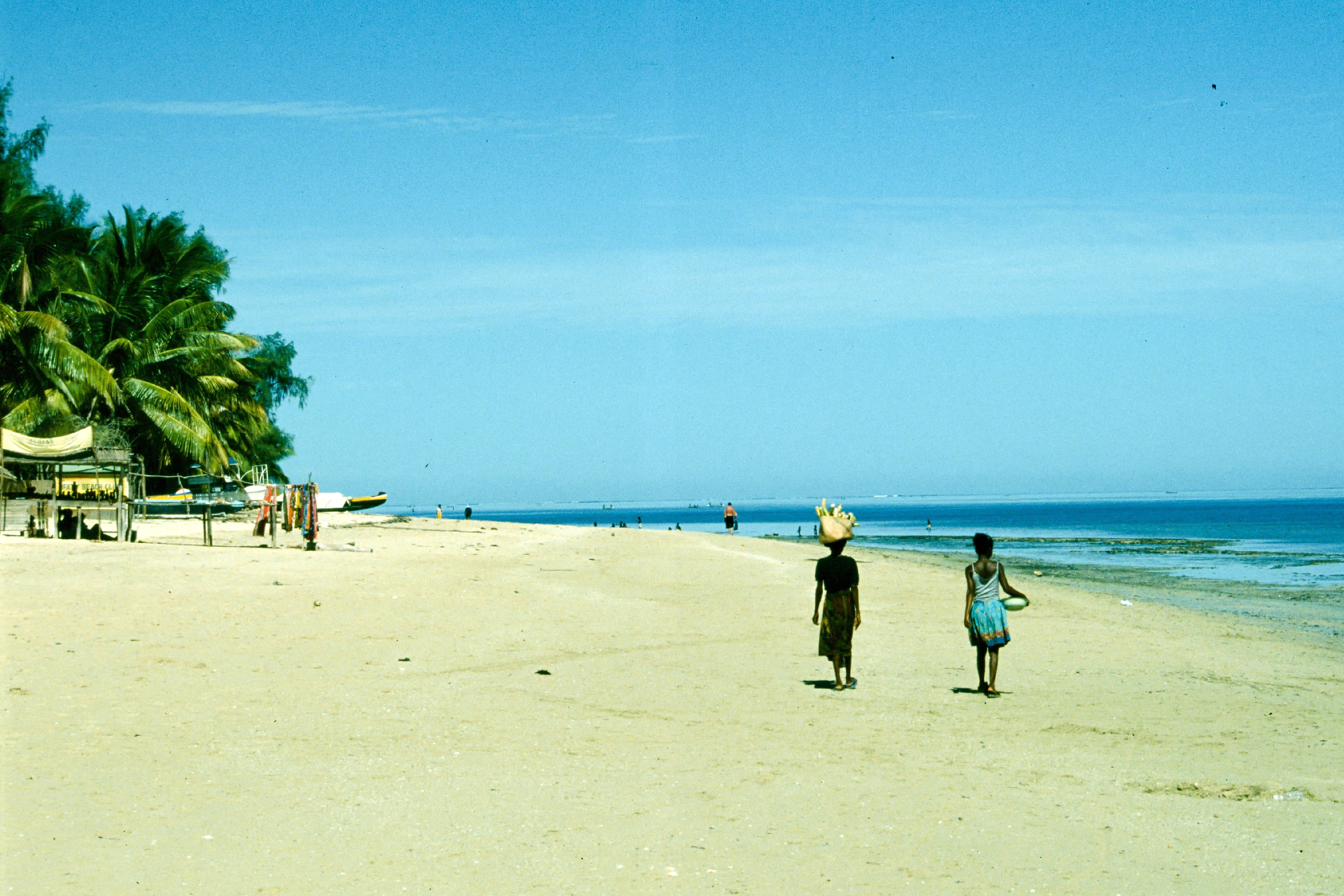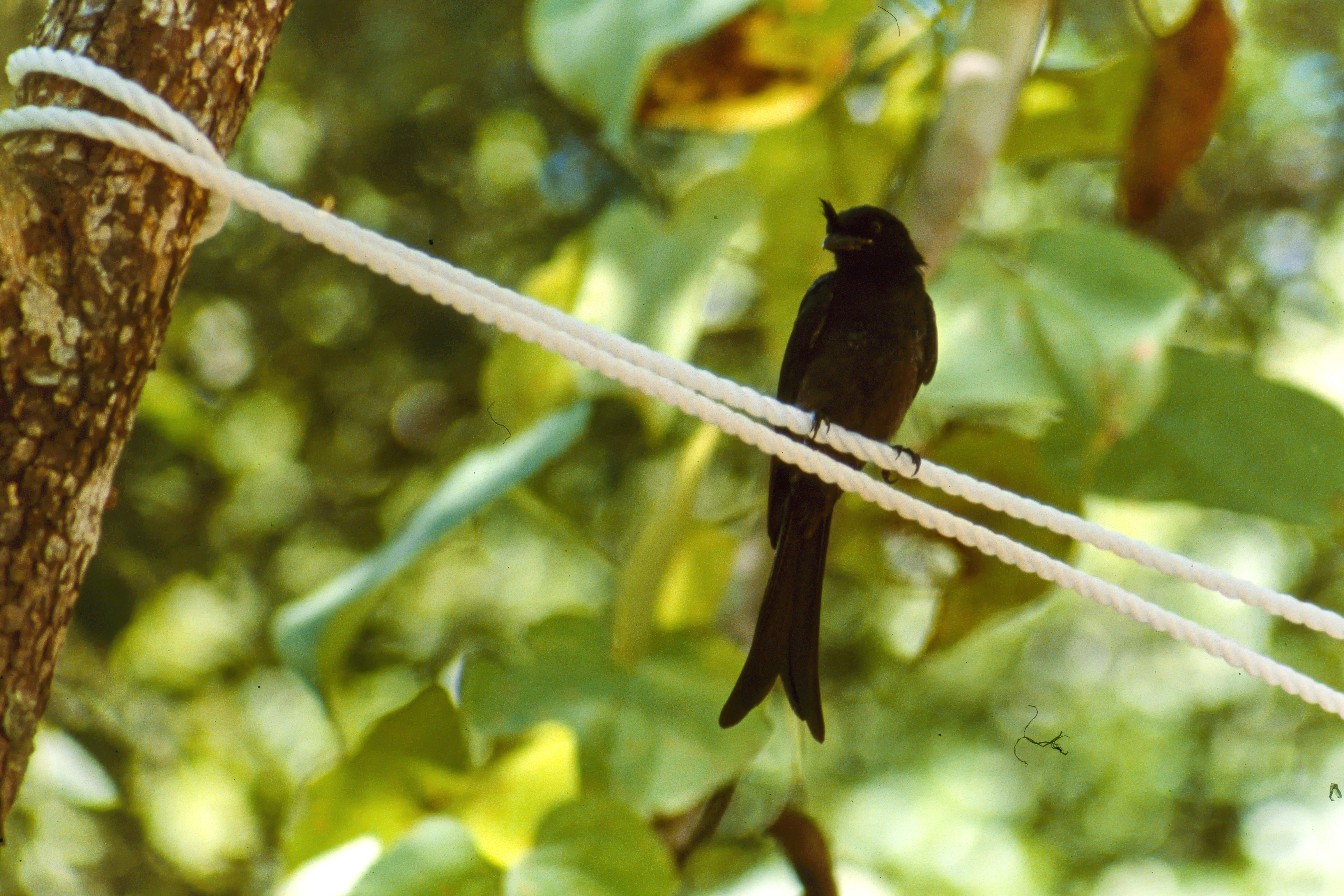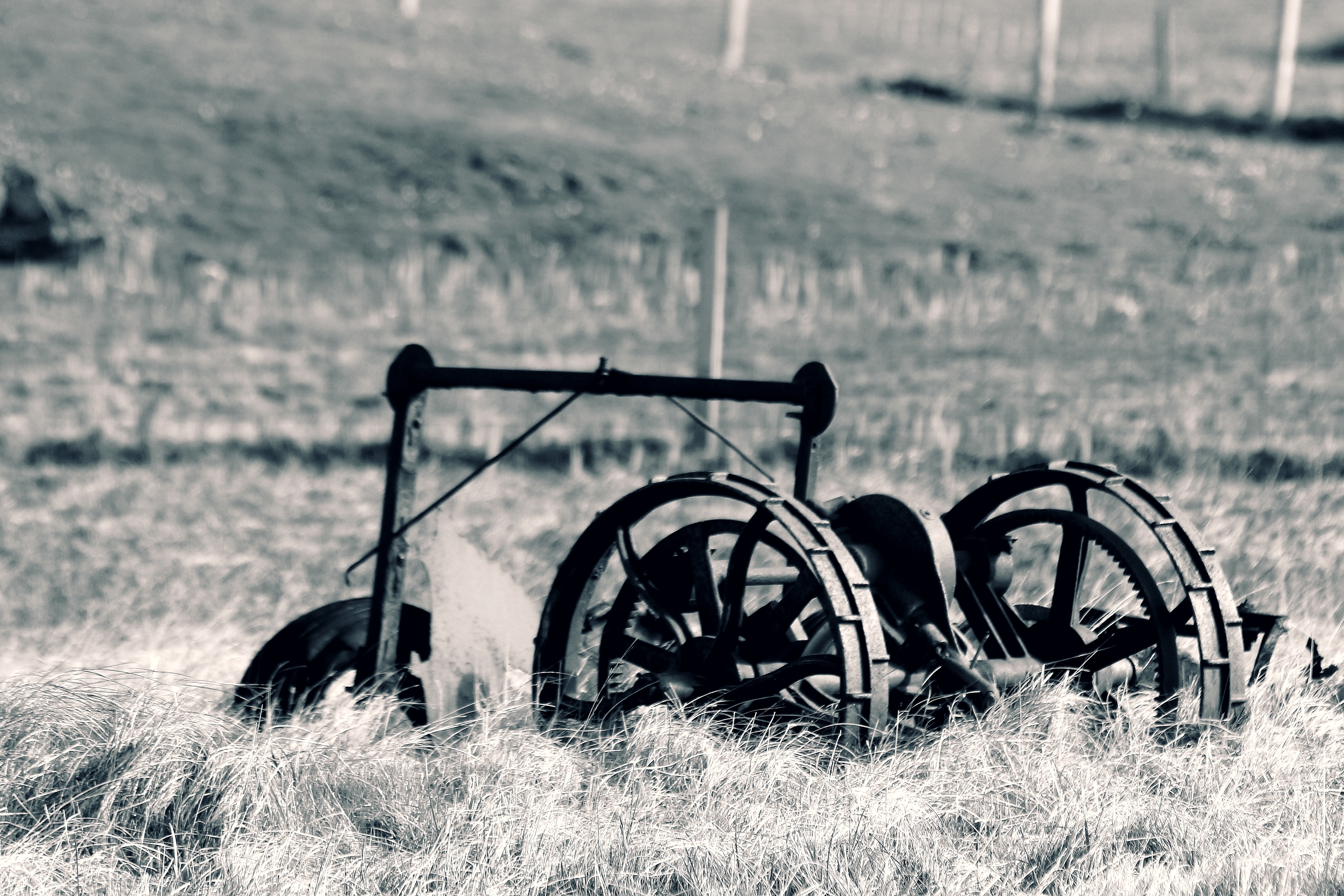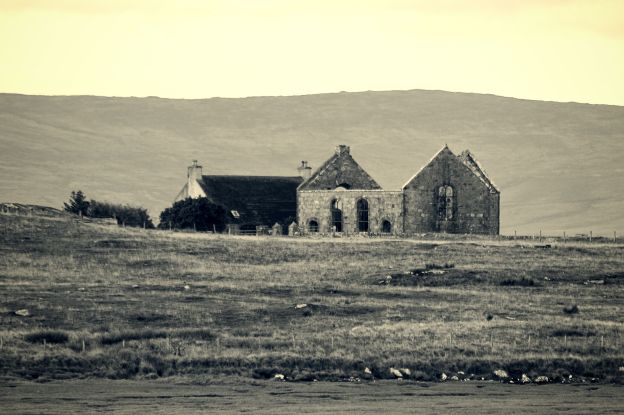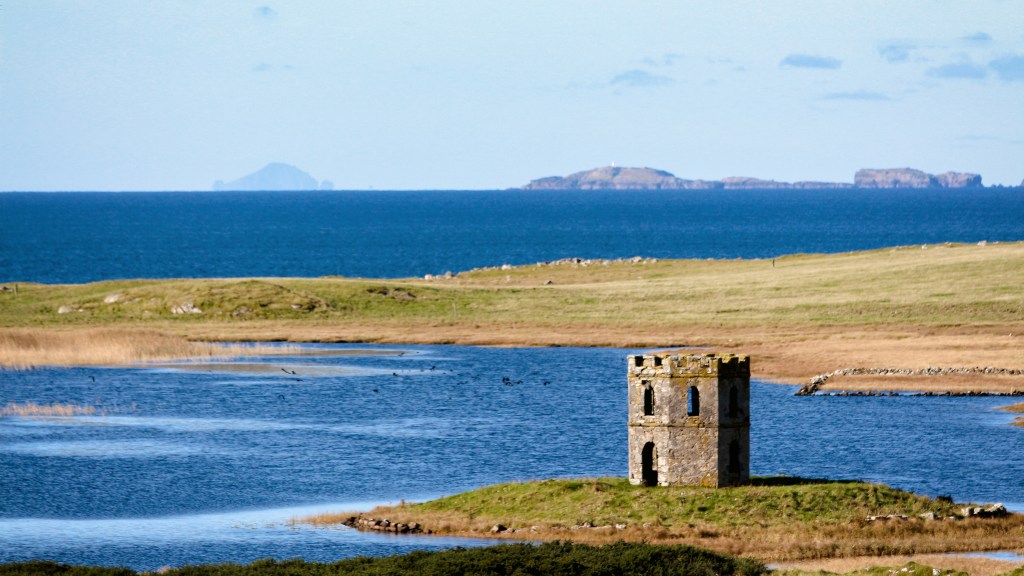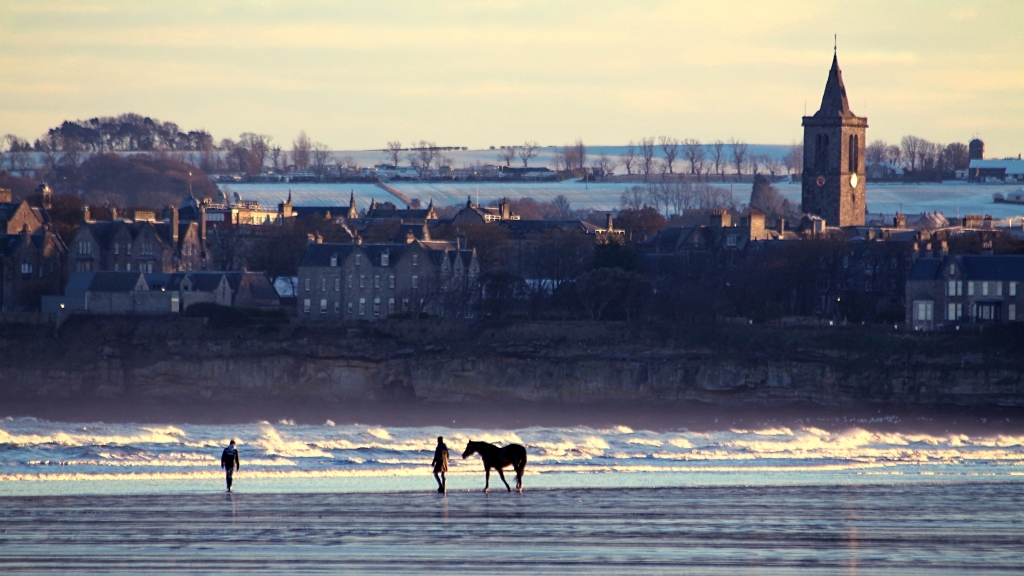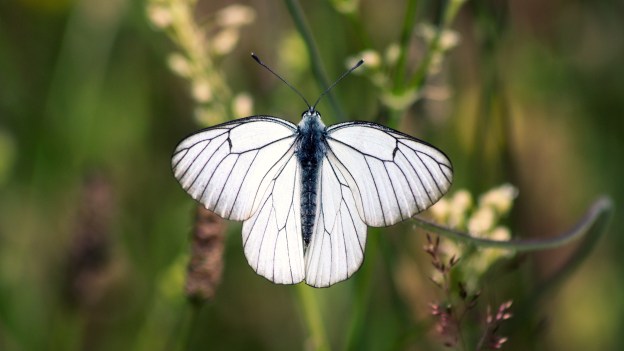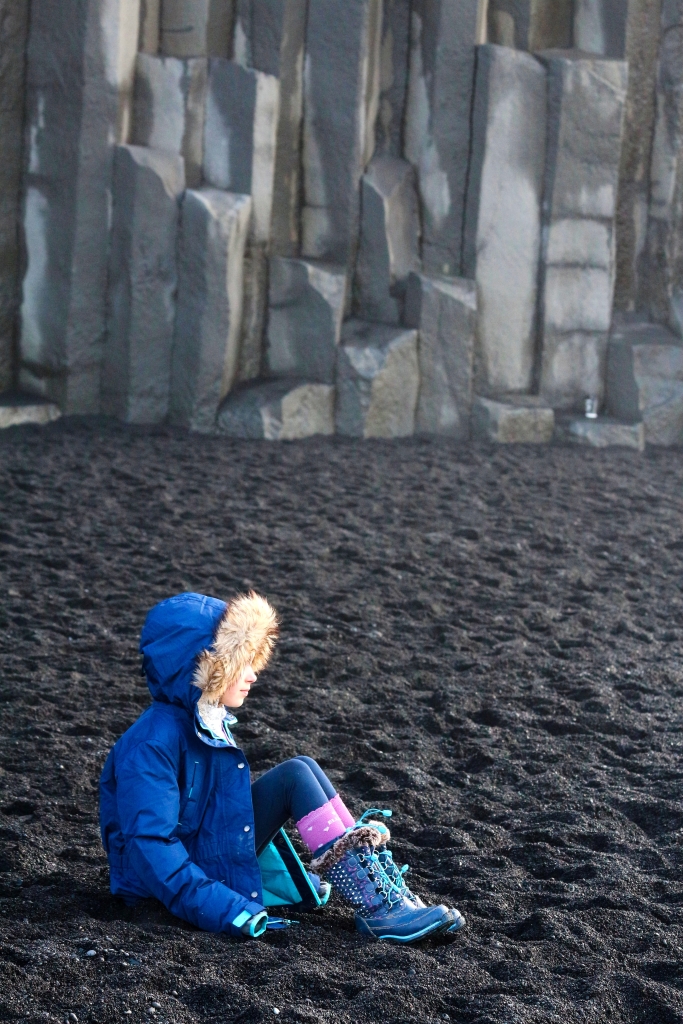I wrote a version of this blog a while ago, after some discourse about authors needing to promote their books on GoodReads because the ‘Want To Read’ count is apparently used by publishing to Make Decisions. I didn’t post it then, because I needed (ironically) to focus on my latest book release and then the moment kinda passed. But I figured the subject would come around again, as it was only the latest in a constant cycle of ‘Authors Have To Do X Otherwise Their Book Will Fail’.
And lo! This week a fascinating episode of the brave podcast The Publishing Rodeo interviewed a researcher on YA book marketing – Dr Kerry Spencer Pray.
Now, my initial blog was a slightly ranty exposition about author-led marketing. And you’re still getting the bulk of the rant because it was a good one & I’m not wasting it. But first I’d like to explore my reaction to that podcast and Dr Spencer Pray’s research (so far as I understand it from the podcast and these slides) a wee bit.
The thing is, I’m a statistical ecologist by training, and we are way more ridiculous about statistical analyses than pretty much any other field except maybe medicine. We have to be, because ecological systems are MESSY AS HELL so we* have pretty much led the field in statistical modelling that can handle the inherent chaos, correlates, and contamination of ecological systems. (*not me, I just followed along) This means that while I am FASCINATED by Dr Spencer Pray’s research, and think it is deeply important and there should be A TONNE more of it please … I am DOING A NERD and have some caveats that I think need bearing in mind.
I’m not detracting from her work, but I have watched the reaction to the podcast episode with a slightly leery eye because people are reading certainty into a very uncertain dataset and extrapolating outwards in ways that I think are both understandable and perhaps not helpful. It’s that reaction that I’m responding to here, not the work itself which was hampered by an incredibly opaque industry.
If you’re not interested in statistical pedantry, you can skip to the original blog below & the TL:DR is that while I am grateful this study exists, I think folks need to not get too carried away with the results. Fellow pedants, enjoy…
In brief, Dr Spencer Pray’s research was carried out on a random sample of 475 YA books, comparing an estimate of sales (from multiple secondary data sources as actual sales data weren’t available) to 250-300 potential drivers via simple correlations. The factors that appeared to correlate to estimated sales were all kinda related to book marketing rather than the book itself. These then were all amalgamated into one ‘marketing’ variable that showed a strong correlation strength against estimated sales. They used this to produce a scoring system and a minimum marketing viability threshold. Everyone is, understandably, fascinated by this, and depressed and/or validated by the finding that the biggest single correlate to estimated sales was an index of advance size (which was considered a proxy for marketing spend).
So the take home message was that the only real way to ensure your book sells is to get more marketing.
Which fits very well with my original blog post ranty rant (see below). And with other soft and hard data on the subject.
But the ‘marketing’ factors that correlated with estimated sales were: advance size, author ‘fame’, ‘carryover’ (links to other famous things), book cover appeal, author twitter following & starred reviews in key outlets.
And this is where I think some caveats are needed.
See, no data set is perfectly controlled, so all statistical analyses come with bias and uncertainty. The challenge in analysis is to account for sources of bias, and accurately quantify your uncertainty so that you can tell whether a pattern is ‘real’ or a product of chaos/bias/errors… and then not to weep when non-statisticians ignore all your error margins and treat the result as rock-solid and black&white.
So to try to explore the uncertainties in this study, stand by for some intense nerdery…
One issue is about statistical power. If you test almost as many correlates as you have samples, your experimental ‘power’ (reliability of the results you get) is extremely low, because your chance of producing correlations entirely randomly is pretty high. So while these correlations may well be genuine, they may also be pure chance just because so many were tested. Spencer Pray and her colleagues might have accounted for power issues with methods like bootstrapping & model selection processes, in which case this becomes less of an issue, but I can’t see any mention of this being done.
Another complication was the unavailability of accurate advance figures – Spencer Pray had to use the deal categories of ‘nice’, ‘very nice’ etc in Publishers Marketplace announcements instead. This means that the majority of data lay in the lowest bracket – ‘nice’, which is anything from $1-49,999. (Indicatively, Jess V Aragon’s spreadsheet of PM data had ‘nice’ for 55% of deals where size class was given, the other 45% spread over 4 other classes) So there’s a lot of data kinda merged into one category, and the fewer samples in the highest bracket (7% in ‘major’) would have disproportionate influence. This doesn’t negate the findings, but it does mean that the findings might not apply within the advance brackets – i.e. just because a $100K advance improves sales over a $45k one, that doesn’t mean a $45k advance is any better or worse than a $10k one because both those advances were lumped into one group. It might be true, but we don’t know.
Likewise, as Dr Spencer Pray says, some of these correlates are clearly connected to one another (fame and twitter following, fame and advance size, advance size and starred reviews etc). This makes it hard to be sure whether they are genuinely independently influencing with sales, or just kinda shadowing another variable. For example, author fame might show a positive correlation to sales only because it is also correlated with advance size – if you accounted for advance size (& marketing spend), fame might not be enough alone to shift books. It is possible to tease these connected variables apart statistically, but it’s not straightforward and has not yet been done, so far as I can tell. Grouping cross-correlated variables together to create an amalgamated ‘marketing’ variable is then tricksy because you run the risk of a falsely inflated correlation strength – you’re effectively double counting, if you see what I mean. So the end result – and that tantalising minimum marketing threshold produced from it – are less certain than they initially appear.
And lastly, and non-nerdily, this study was exclusively YA, (and largely from the YA world pre-shift to BookTok). People are assuming it’s directly applicable to adult fiction, and to the present day, but I think that’s a stretch. I’d LOVE VERY MUCH to see a study on adult fiction categories, and I predict there’d be the same headline take home message, but the individual correlates … Hmm, I’m not sure because:
- The YA community is more firmly online, and more actively on Twitter, than pretty much any other genre. Here’s a brilliant recent article by Nicole Brinkley about exactly that. So it does not follow that because twitter platforms might matter in YA sales, they also will for other genres. And let’s not even get into the Twitter-going-down-in-flames issue, but suffice to say it does not stand as a reliable marketing platform any more.
- Aspects like carryover, and (one of the secondary trends) ‘books that inspire yearning’ feel genre-specific to me. The peak crazes for things like post-Twilight vampires happen less markedly outside of YA. Greek myth retellings is probably the strongest contender in adult fic, but although there are definite trends in genre tastes, I’d expect carryover to be a weaker factor in areas like thrillers, epic fantasy, space operas etc.
- Author fame … this included things like winning major awards which, well it would be nice to think these lead to greater sales, wouldn’t it? But what about in genres generally neglected by these awards – romance, for example? So, again, it might apply outwith YA fic, but we don’t know.
- OTOH I’d guess the importance of book covers applies across ages/genres. Although I’d be interested in whether it’s a weaker influence in genres with tighter cover formulas, like historical romances or murder mysteries.
So essentially, while I think the overall message is probably reliable – that marketing is the only semi-reliable driver of sales, the specifics are much less certain.
Why am I bothering to critique a study that I am genuinely glad exists? It’s not to undermine the work that went into it, in the face of an uncooperative industry. I nearly didn’t post this because I don’t want to pick holes just for the sake of it. And I actually think the study’s headline message is incredibly empowering for authors. But authors feel so much pressure to do everything we possibly can to sell our books, and we are so desperate to know what to do and how to do it, that I worry people will latch onto the specific findings of this study and run with them. If I can hit 3000 Twitter followers then I’ll get another point on the viability index. If I win an award or sell at auction, I’m safe. If I make my book more hopeful & yearny it’ll sell. Etc. I know – I listened to that podcast, looked at my Twitter platform and briefly felt The Sads.
Which brings me back to my original blogpost and my rant about marketing expectations placed on authors.
The rant is not really even about me. I’ve been published to date with two indie publishers and both, within the limits of their reach, have championed my books wonderfully, worked with me on marketing, and been fully supportive of my spoonie limitations. So why am I ranting? Because I care about my friends, and the wider writing community. Because as a tranche of recent reports shows, there are mental health costs to being published. And this systemic lack of support for authors also hits marginalised creatives hardest, thus perpetuating inequalities within publishing. I get annoyed because I’m old enough and cranky enough to draw lines in the sand, but not everyone has that privilege so I’m allowed to be cranky on their behalf.
(Another caveat – this is absolutely NOT about self-publishing, which is an entirely different kettle of fish.)
So why does this messaging of ‘You must do X’ or ‘If only I do Y’ arise all the time?
- It is our attempt to feel some degree of control in the face of these largely-unfathomable vagaries of book sales. We don’t know what will help move the needle so we try everything, and we believe people who holler convincingly about THIS IS THE WAY, whether that’s BookTok or newsletters or whatever. We obviously want our books to do well, so we seek out ways to help them that are within our reach.
That’s understandable, and I think finding enjoyable ways to promote your book is truly valuable. It lets you share your excitement with your social circles, and also means you feel … if not control, then at least that you’ve done your bit.
But the constantly shifting sands of exactly what you ‘need’ to be doing results in authors juggling half a dozen social media platforms, second-guessing trends and obsessing over everything. Which is exhausting, takes away from writing time, and breeds a sense of failure when you inevitably can’t keep up.
AND
- Bluntly, it is … comfortable for publishers if authors believe we must do all this work to help our books sell. If we are convinced book sales hinge on us making enough TikTok videos or getting enough Twitter followers, then we’re not asking them ‘Wait, what are you doing to move the needle?’
Now, to be fair, I think most of this pressure actually comes from other authors for the reason above (and bleeds over from the self-pub community, which like I said VERY DIFFERENT FISH). But there is also some upholding of it by the publishing industry, which I wish would stop.
Maybe it will, now that Dr Spencer Pray’s research has provoked so much conversation. Here’s hoping.
I’m not really talking about small publishers here, for whom the balance is a little different. However hard these publishers work (and like I said I’ve been lucky) they have less reach and so an author’s online contribution might have a relatively significant effect.
But for the bigger publishers? Different story.
For example, that GoodReads thing we were told to panic about? The books reaching 30,000+ ‘Want To Read’ adds, particularly for debuts, are almost universally where the publisher has paid for large giveaways of 50-100 books. Every giveaway entry is an automatic ‘add’ which bulks up the numbers enormously, then GoodReads uses this bulked-up number to pick ‘Most Anticipated Books’ lists and the hype machine is safely in motion. All paid for by the publisher.
BookTok? It is mostly a space for reviewers, and mostly for a very particular form of book (and there’s a WHOLE DEBATE to be had about the impact that has had on diversity rep and on acquisitions within publishers). It’s almost entirely not a space for writers trying to hustle for their own books. The best route to getting traction on Booktok is for publishers to send fancy book packages to a lot of popular reviewers and hope for the best. See how that’s absolutely not in our control? Yeah.
I could go on, but the particular instances aren’t really the point because there’s always something new being sung about anyway.
The point is we shouldn’t put the weight of book sales responsibility onto the people with the least power and lowest pay in the entire structure.
Big publishing is a business, and it’s a business that is currently squeezing the lower/medium staff tiers and cutting author pay. So sadly your marketing team, even if they love your book and want to champion it, likely don’t have the time or funds. But publishing is also, largely, full of Good People who don’t want to tell you your book is on Marketing Tier 4. So instead you’ll be told (either directly, or via online messaging) to post more on social media posts, or set up a newsletter, or, or, or. … I worry that this Spencer Pray study will get weaponised into ‘well, if you had more twitter followers’ or ‘you’re just not famous enough, sorry’.
I get it. Publishing houses should staff their publicity & marketing teams better, and pay them more. I’m not blaming anyone on the ground for the way the business is run. But I also hate seeing authors running ourselves ragged trying to guess at marketing strategies we aren’t equipped for, grasping at straws, and feeling responsible for things that are entirely out of our hands. Namely, how many copies of our books sell.
This is one reason I’m so grateful for Dr Spencer Pray’s work. It counters that pressure with hard data. Which many see as bleak, but I actually find incredibly freeing. It’s really not on us, my loves. It’s on them.
So other than ranting, do I have anything useful to say? Well, maybe.
- I strongly recommend that you, dear fellow exhausted author, take a long look at all the things being touted as THE WAY TO SELL BOOKS, and decide whether it’s something you enjoy doing or can do very, very, very easily. If the answer to either or both those questions is ‘no’ then can I suggest you run the other way?
It is worth doing something – things that help you feel celebrated by your community, and potentially help connect with readers. Posting on Twitter might sell a copy or two or three, just like sending out newsletters might sell a few copies of your second book. And those few sales are great, I’m not dissing them. But think about how many hours you spent making Canva graphics or writing newsletters, and how much you’ll earn from the two copies it might sell, and the tradeoff isn’t very shiny. You need to be writing your next book too, remember, not just flogging this one.
So my advice is to pick the reader engagement methods that you a) like doing and b) don’t swallow up too much time & energy; and you get good at those. Try new stuff, sure, but don’t feel like you have to do anything at all.
- At time of contract negotiations, talk with your agent about your marketing aspirations & the strategies you think the book needs to succeed. Make marketing part of the initial editor call, as well as the contract back-and-forth (that you’ll be on the margins of anyway). Ask for a marketing plan – they’re hardly set in stone, but it can’t hurt to have a framework.
- Later on, communicate with your marketing & publicity team(s). Ask them what they’re doing and how you can best fit in with that. It’s good to know, and good to remind them that you’re there. But remember that their answers are shaped by their workloads – and might leave more responsibility with you than is proportionate to your power. If they ask you to do things you don’t feel able to do, talk it through with your agent to see whether it’s worth trying to fit it in, or pushing back. I’m a spoonie, protecting my health is vital because otherwise I break, so I’m pretty clear about that from the outset and I draw lines if I need to.
- Remember that sales figures are largely unrelated to the quality of your book too. Dr Spencer Pray’s study supports this. (Is this depressing? Who cares – write the best book you can out of spite) Just like prizes, sales figures come down to a room of people deciding which books to support and which not to. Books that get the massive hype machine and sell millions are quite possibly great, but equally great books will sell a tiny fraction of those numbers because they were yeeted into the world with a cover reveal, two blurbs, and the author destroying their sanity on social media.
- Stick a post-it note up somewhere saying ‘Sales Figures Are Not On You’ and look at it every week. Twice a day around publication.
- Once more for the ones at the back, only do what you enjoy. If we are going to survive this authoring thing long term we need to hold tight to our love of it. We need to guard our mental wellbeing like mama bears. That means not spreading ourselves too thin. You have to look after yourself. No-one else carries that responsibility, because everyone other than us is running the business that our art is built on. So do what you enjoy and remember whose job it isn’t to sell books.
Rant and empowering mantras over. I hope this has been useful and hasn’t annoyed publishing professionals, or Dr Spencer Pray too much! I hate seeing writers battered by expectations to perform online; and I love seeing data analyses but I also hate our writerly instincts to read too much into absolutely everything. Without tearing the whole edifice down and starting again, publishing is going to continue to be a hard road, but we can make it gentler by being kinder to ourselves. And that starts with guarding our time and remembering to forgive ourselves the things beyond our power.


